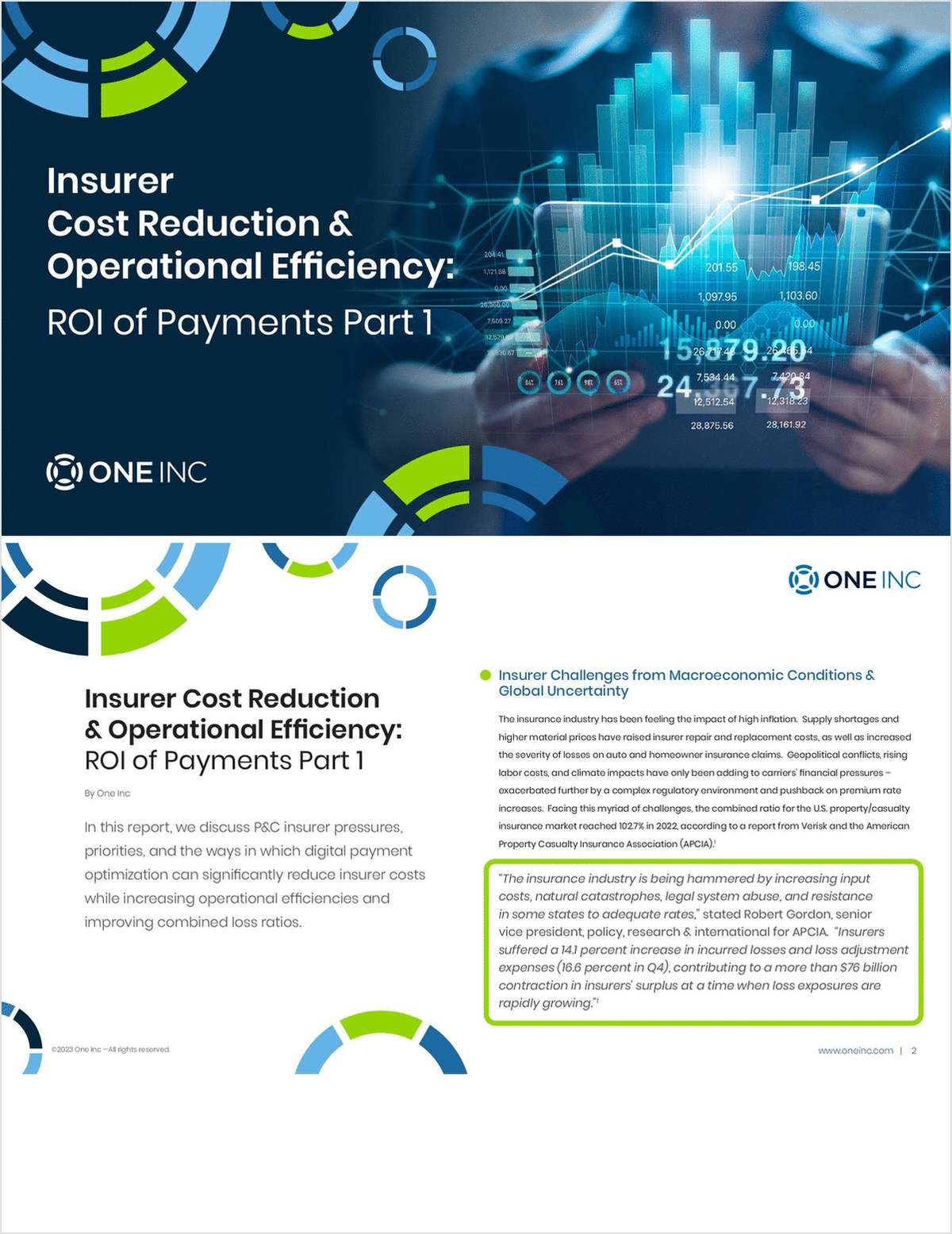NU Online News Service, Nov. 18, 3:49 p.m. EST
A bill introduced in the U.S. House of Representatives would prohibit insurers from canceling or non-renewing homeowners insurance policies with houses containing Chinese drywall.
The measure, titled the "Drywall Victims Insurance Protection Act" and introduced by Rep. Charlie Melancon, D-La., deals with drywall having a "covered characteristic," meaning it was imported from or originated in China from 2004-2007 and contains elevated strontium or sulphur levels.
Denying coverage to homes "based on the presence, or possibility of presence, in the structure of any drywall that has a covered characteristic" would be barred under the bill.
Drywall building material, also called wallboard, gypsum board and plasterboard, is made of a flat sheet of gypsum covered on both sides with a thin layer of cardboard. It goes by such brand names as Sheetrock, Tablaroca, Gyprock and ToughRock.
Rep. Melancon said in a statement, "Louisianans have worked hard to rebuild their homes and communities since Katrina. Sadly, many are now having their lives turned upside down all over again.
"Through no fault of their own, these families are learning that their homes–their biggest investment–may be unlivable and even hazardous to their health" because of the presence of tainted drywall.
He added, "I will continue working to find solutions to the defective Chinese drywall problem. The Drywall Victims Insurance Protection Act will give homeowners peace of mind that they won't lose their insurance while they repair homes affected by Chinese drywall."
Homeowners living in houses built using Chinese drywall from 2004-2007 have complained about health issues including eye and throat irritation and asthma exacerbation, and the homes themselves have experienced degradation and odors. The issue has been particularly acute in Louisiana, Florida and Virginia.
However, a report on Chinese drywall released last month conducted by multiple federal agencies was unable to determine the cause behind the health issues and physical degradation, although it mentioned finding levels of sulphur and strontium. Federal authorities are still looking into the matter.
Meanwhile, in Florida Citizens Property Insurance Corp., the state's insurer of last resort was recently forced to rescind a non-renewal notice it had given after news reports that the action was taken because of Chinese drywall.
John Kuczwanski, public information manager for Citizens, said the non-renewal was not because the house had Chinese drywall specifically, but rather because of the damage done to the home that could have led to a covered peril in the coming policy period.
Upon further inspection, Mr. Kuczwanski said, it was determined the damage had not progressed to a significant degree to cause concern. He said if a corroded outlet was sparking, or if a connection on a water pipe was about to leak, the insurer would require that the pending damage be mitigated before renewal. But he stated Citizens would never non-renew a home just because it contained Chinese drywall.
A claim filed in that same case was denied by Citizens, Mr. Kuczwanski said, because damage caused by Chinese drywall is considered a builder's defect, which is excluded under most homeowners policies.
Regarding Rep. Melancon's bill, Michael Barry, spokesman for the Insurance Information Institute, said insurance "is regulated at the state level, and any legislation affecting policyholders should originate in state houses, not Congress."
"My sense is the issue is only limited to very few states at this point, and I'm reluctant to speculate, but unless [the problem] gets beyond the states such as Louisiana, Florida and Virginia, my guess is it [the bill] would have a tough time winning widespread support," he said.
Greg LaCost assistant vice president and regional manager for the Property Casualty Insurers Association of America called the bill well intended but saw problems with it.
The measure, he said, "creates questions about the costs to the affected states and most importantly to consumers. Louisiana took a good step by creating a fund to help some of its citizens who are dealing with this issue."
He added that, " The federal government, due to the international nature of this issue, should consider a range of options that include helping to determine the actual cause of the problem, while not violating basic tenets of insurance practices."
Want to continue reading?
Become a Free PropertyCasualty360 Digital Reader
Your access to unlimited PropertyCasualty360 content isn’t changing.
Once you are an ALM digital member, you’ll receive:
- Breaking insurance news and analysis, on-site and via our newsletters and custom alerts
- Weekly Insurance Speak podcast featuring exclusive interviews with industry leaders
- Educational webcasts, white papers, and ebooks from industry thought leaders
- Critical converage of the employee benefits and financial advisory markets on our other ALM sites, BenefitsPRO and ThinkAdvisor
Already have an account? Sign In Now
© 2024 ALM Global, LLC, All Rights Reserved. Request academic re-use from www.copyright.com. All other uses, submit a request to [email protected]. For more information visit Asset & Logo Licensing.








